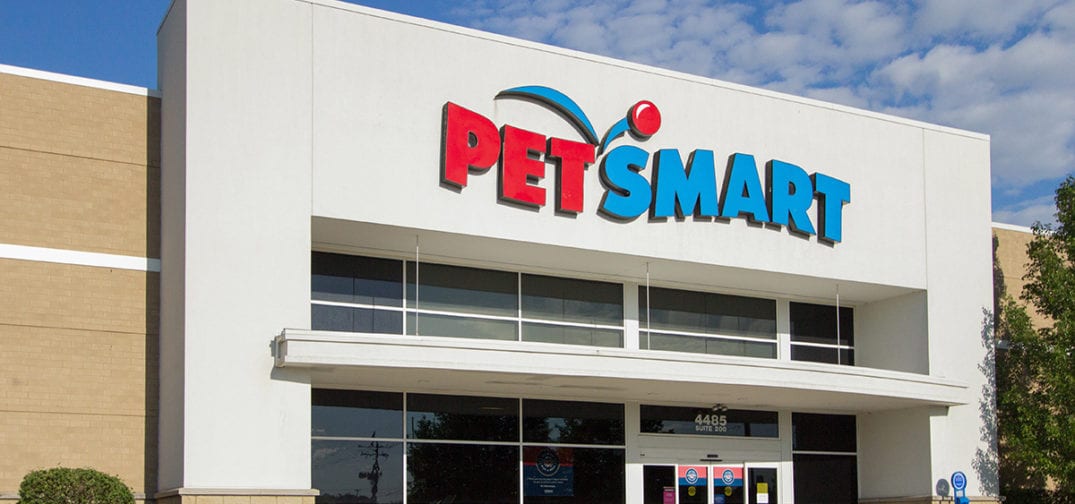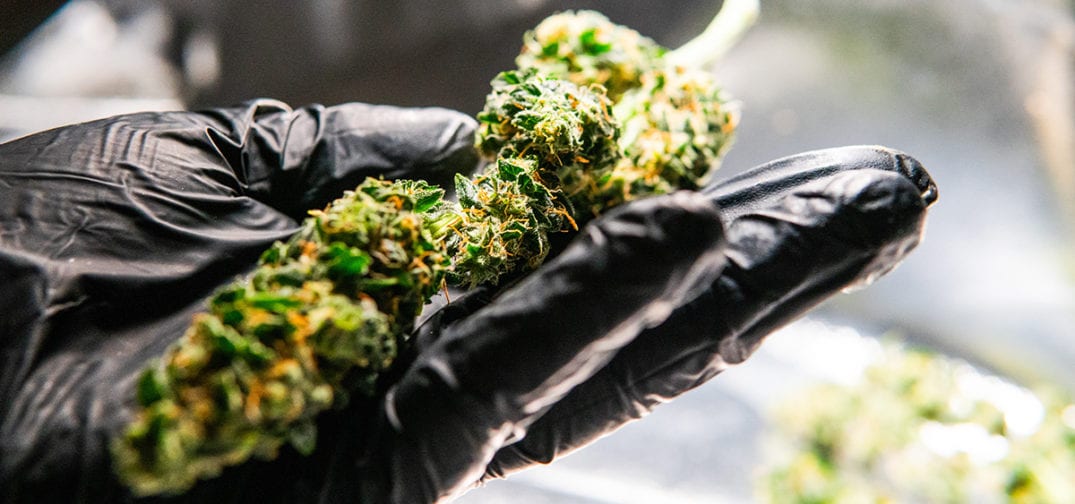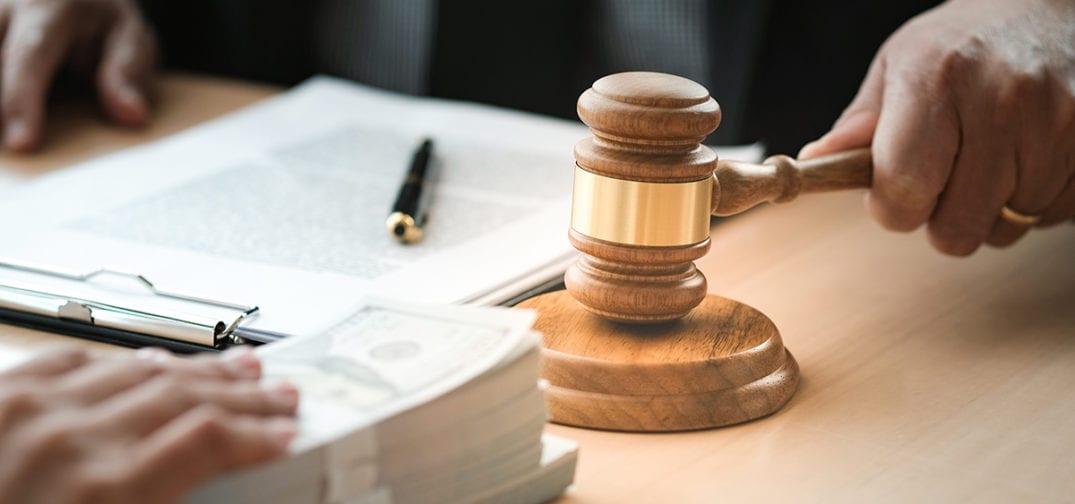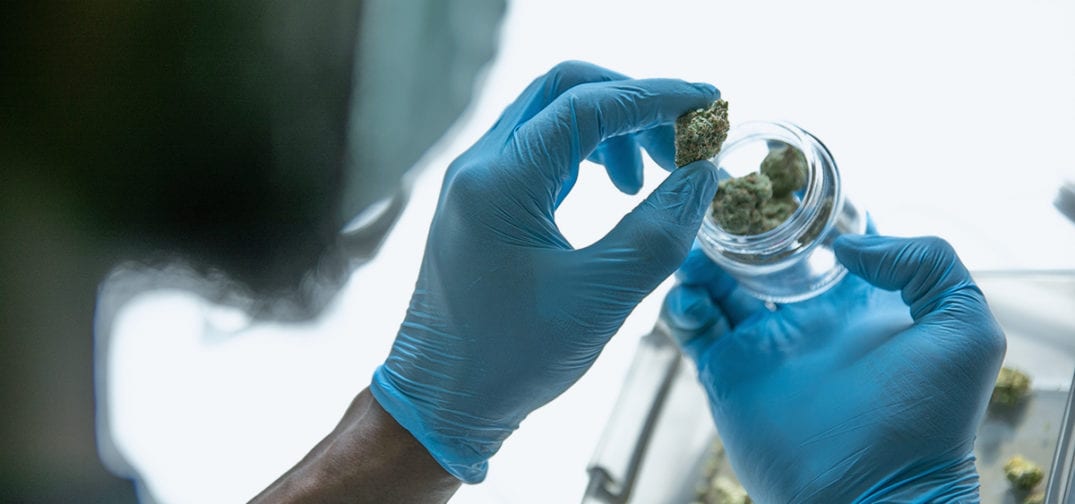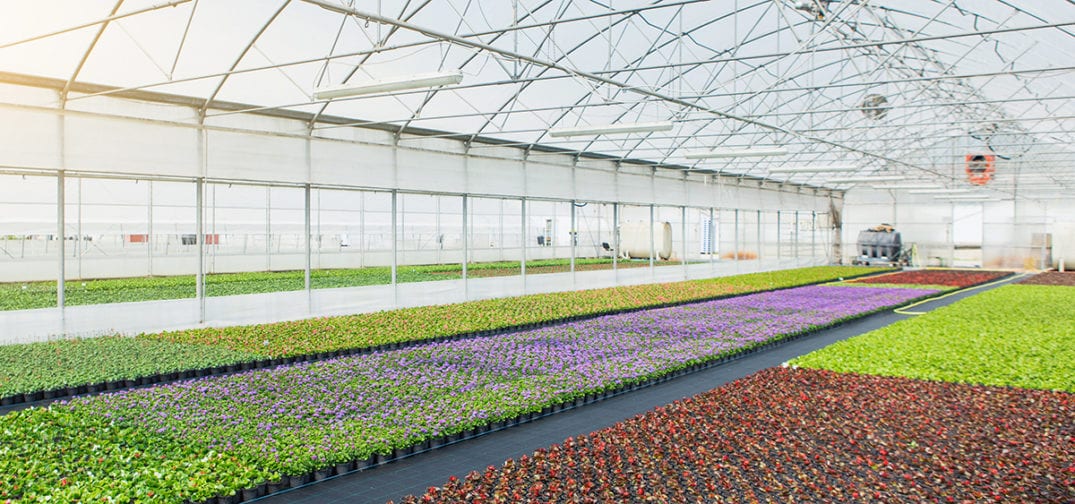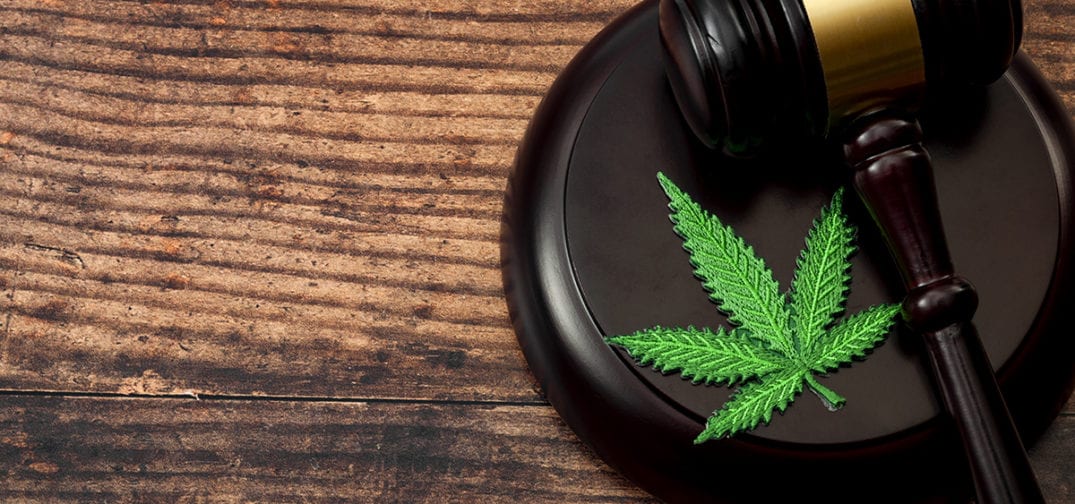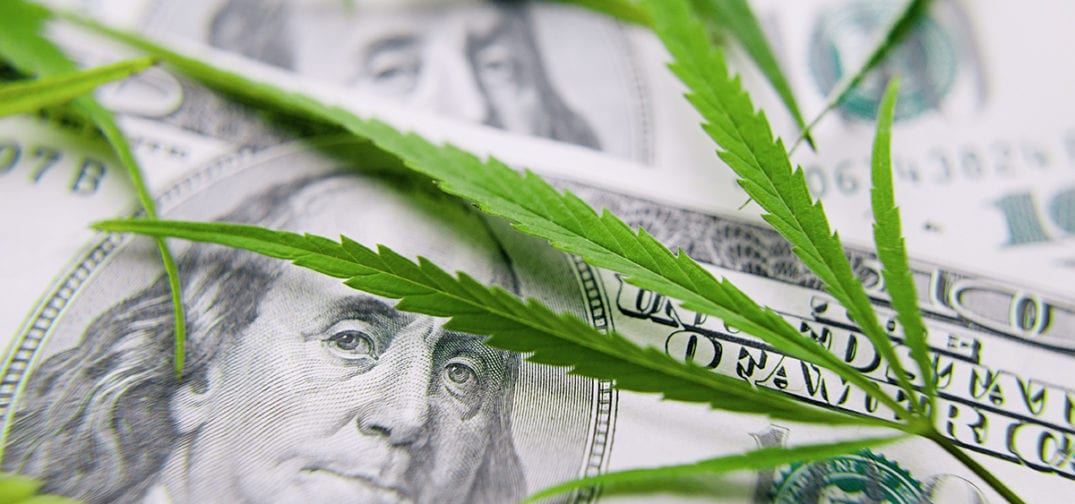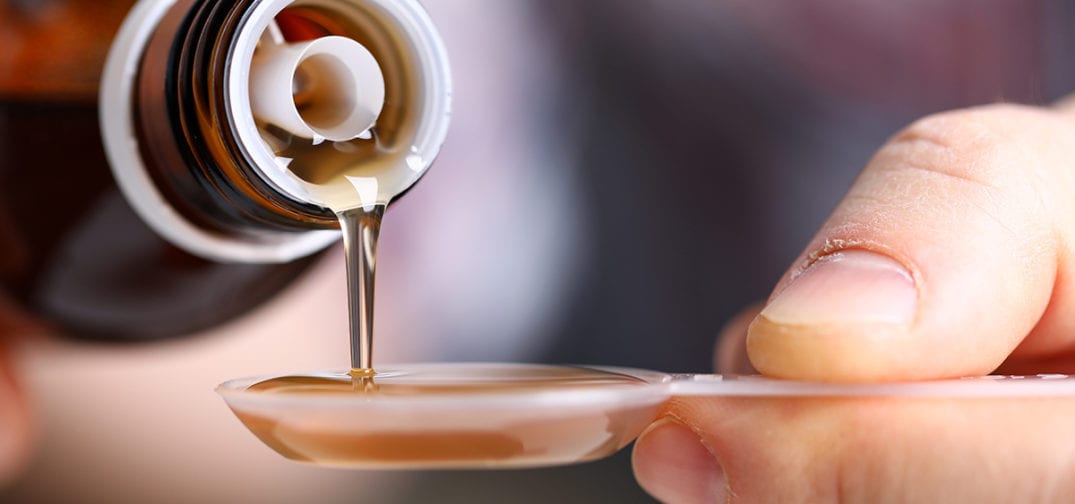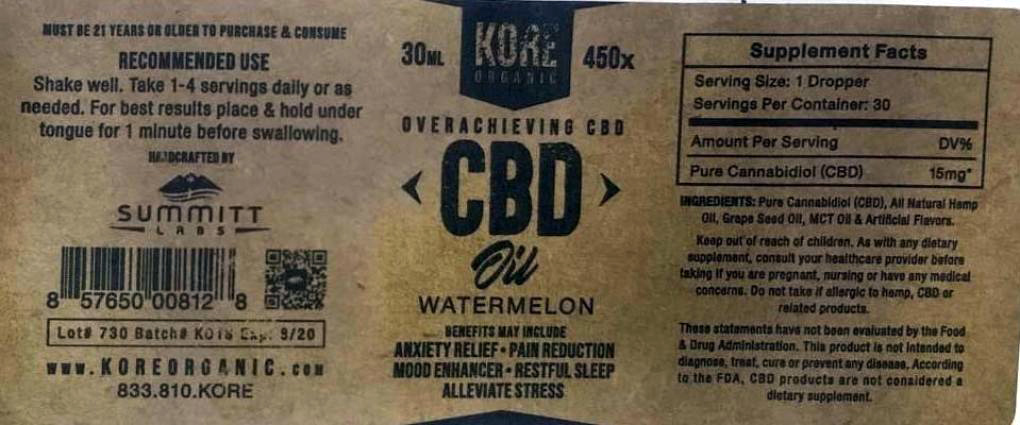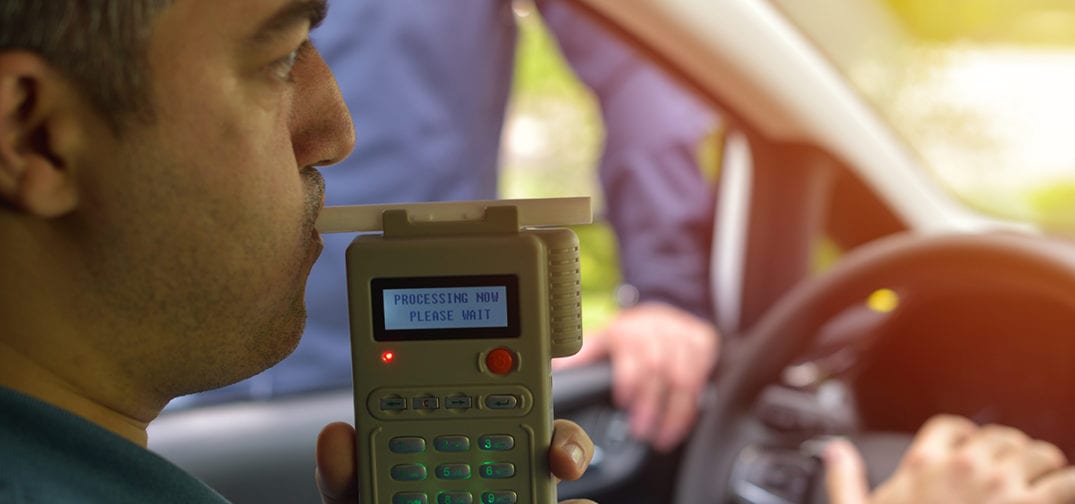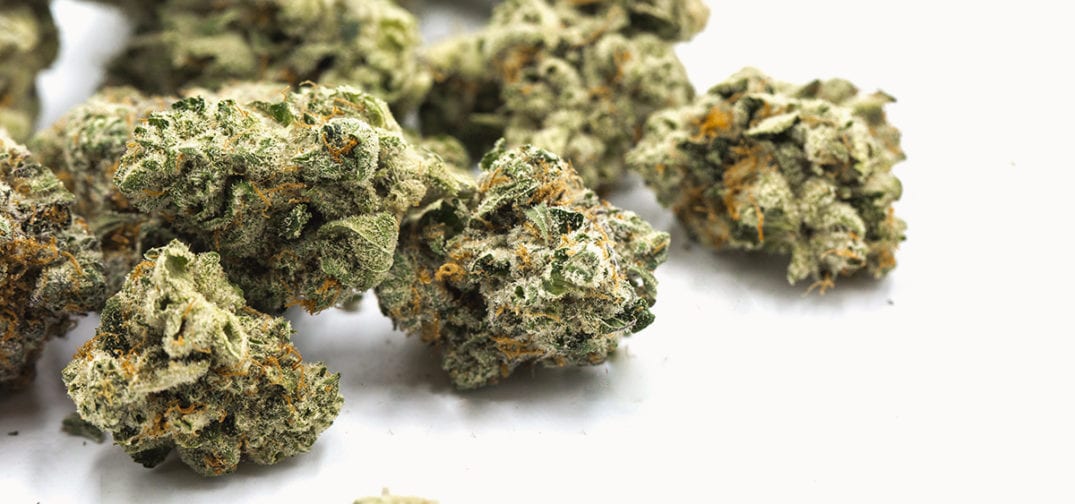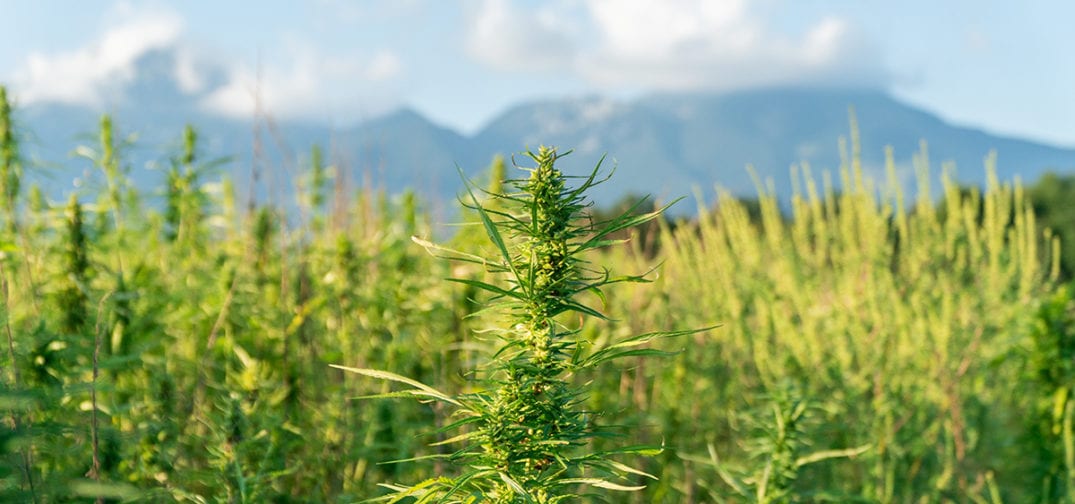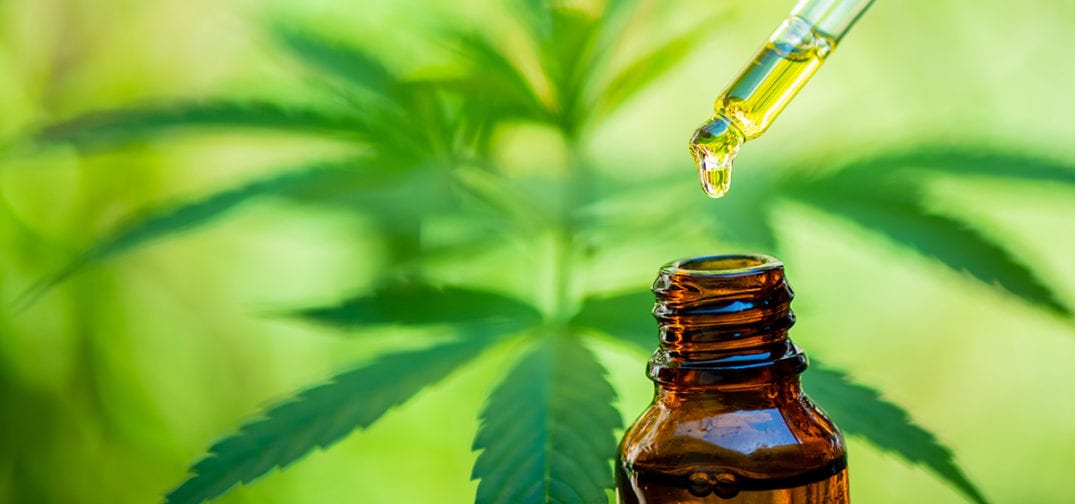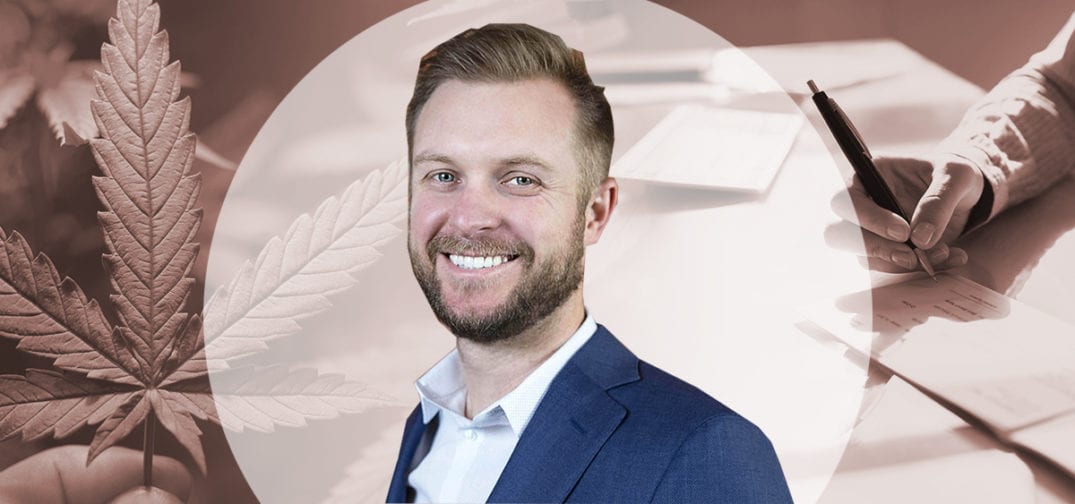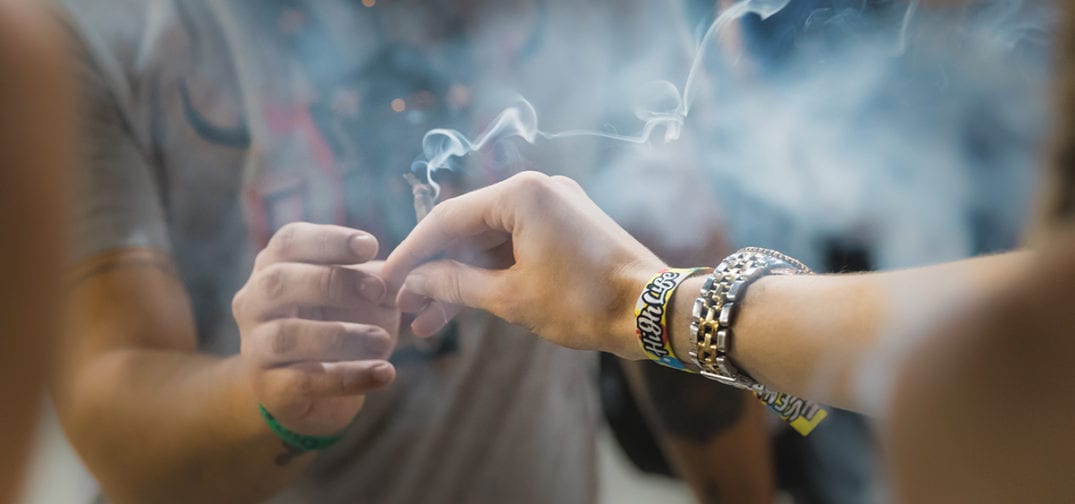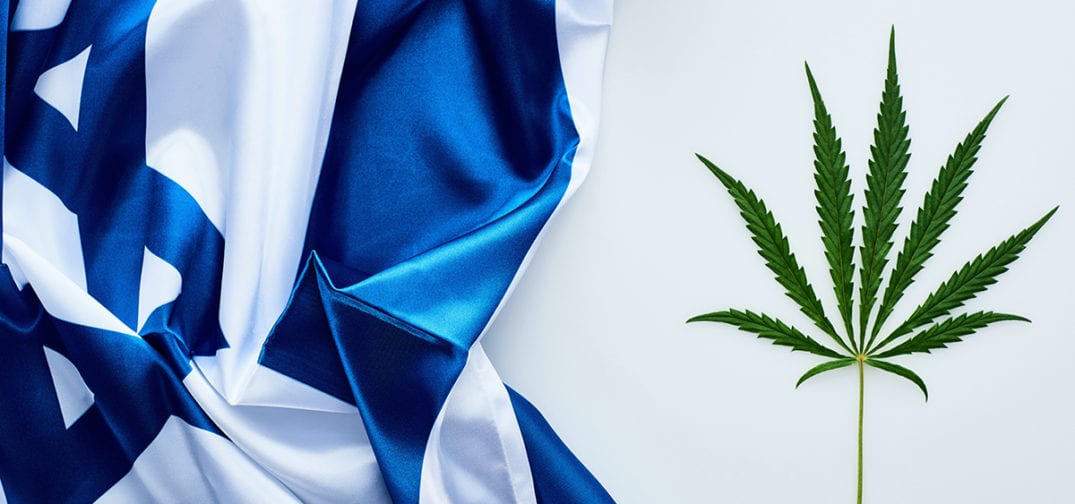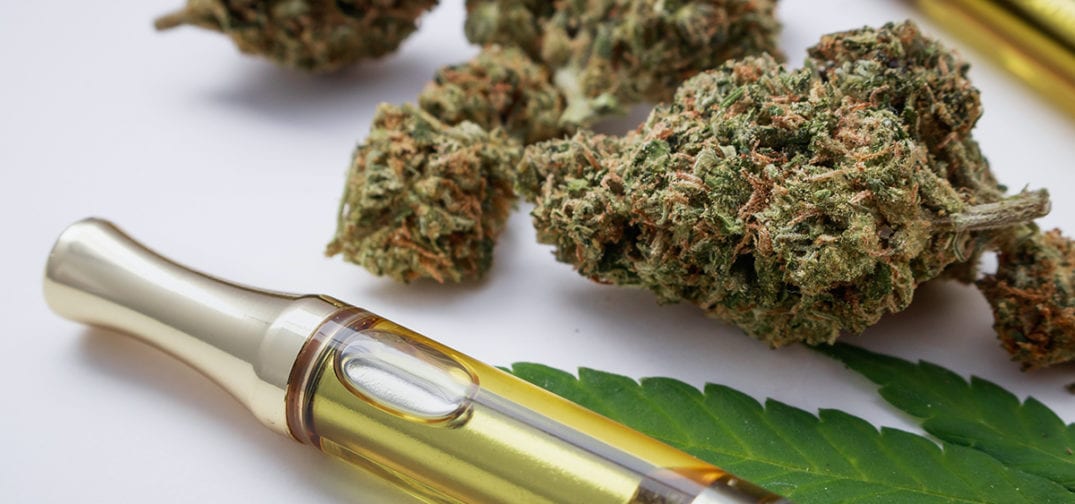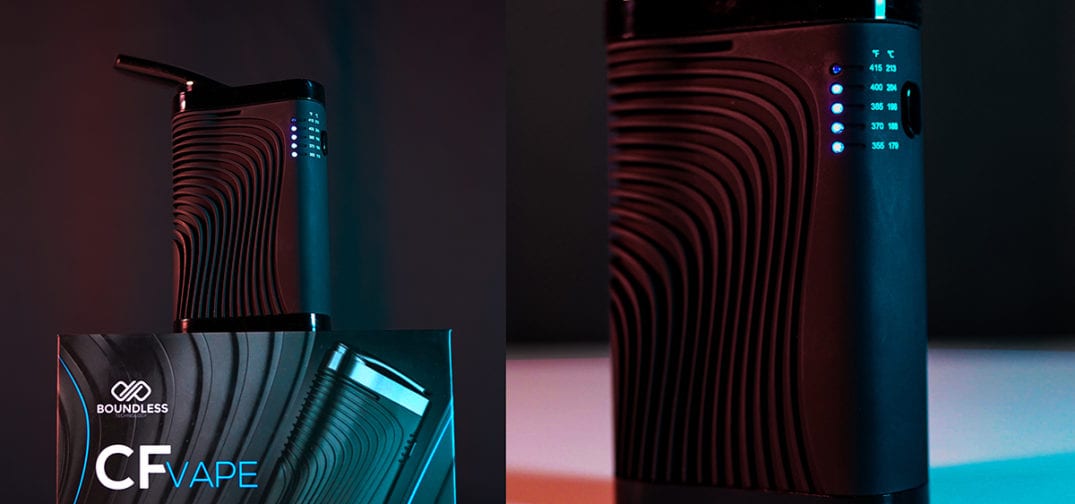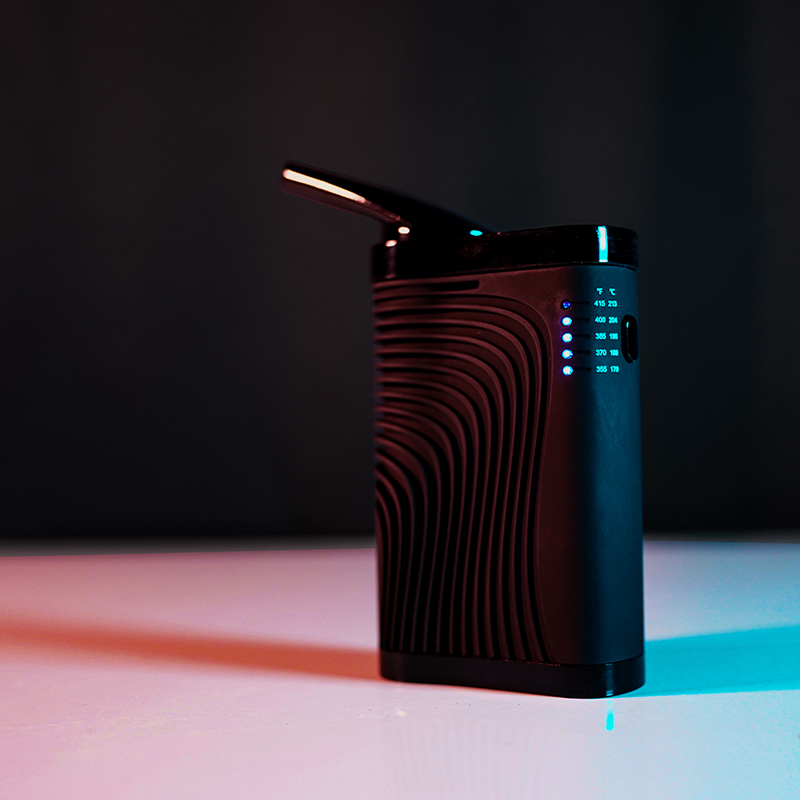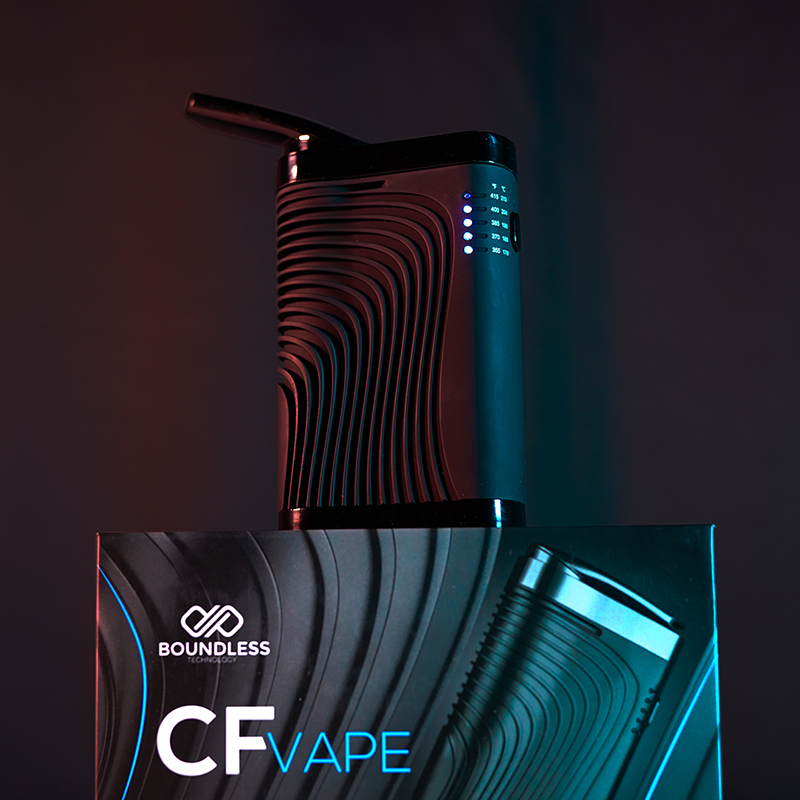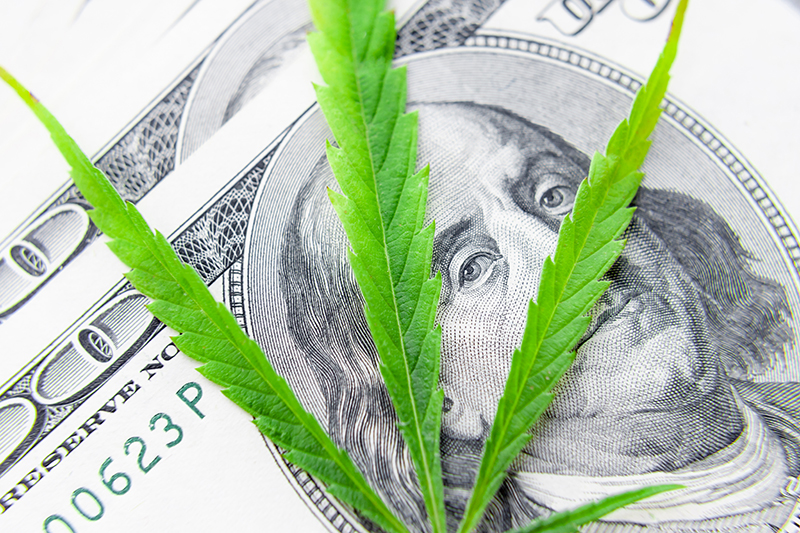Keegan recently joined our podcast host TG Branfalt for a conversation covering Würk‘s vision for the cannabis space and the major challenges and opportunities facing the industry, including high employee turnover rates, the slow but steady evolution of cannabis employee benefits, the importance of human resources and innovative payroll solutions, and more!
You can tune in via the media player below or scroll further down to find a full transcript of this week’s podcast episode.
Listen to the podcast:
Read the transcript:
Commercial: This episode of the Ganjapreneur Podcast is made possible by Evergreen Gateway, a provider of cannabis friendly financial services. As many cannabis entrepreneurs have experienced firsthand, it can be very difficult to get approval for essential financial services once your bank finds out what industry you’re in. Evergreen Gateway makes it easy for cannabis entrepreneurs to access the financial resources that you need to operate your business. From merchant accounts, to cash advances, virtual checking, and depository banking, Evergreen Gateway has established solutions that cater to the specific needs of the cannabis industry. Get in touch today at evergreengateway.com.
TG Branfalt: Hey there, I’m your host TG Branfalt, and thank you for listening to the Ganjapreneur.com podcast, where we try to bring you actionable information and normalize cannabis through the stories of ganjapreneurs activists and industry stakeholders. Today I’m joined by Keegan Peterson. He’s the CEO of Würk, a cannabis-specific payroll and HR provider that advises in employee training, and performance management, and improving the employee experience, and wellness and benefits offerings. How are you doing this afternoon Keegan?
Keegan Peterson: I’m great, TG, thank you for having me today.
TG Branfalt: Hey, it’s super stoked. It is a real big sort of issue that’s emerged especially since cannabis 2.0 as some people called it in 2016, with California, Nevada, all that going online, massive markets. But before we get into those issues man, tell me about yourself. How’d you end up in the cannabis space?
Keegan Peterson: Yeah, so I’ve spent the last 10 years personally in the HR and payroll space outside of cannabis, working with predominantly the retail and restaurant industries. A friend of mine here in Colorado had a dispensary that had a hundred employees, and he had been dropped by his sixth payroll and HR provider because his company touched cannabis. And he reached out to me and said, “Keegan, you do this for a living, can you help me out? I just need to pay my employees. I need to pay my taxes.” At the time he was paying his taxes in cash. So he had to walk a million dollars of cash in a suitcase to the IRS building to pay his taxes at the end of the year. And that was a whole experience in itself. They had to have armed security guards on site, handcuffed the bag to his arm.
When he told me this story, I was like, my jaw was on the floor and I was like, this cannot be how this industry has to operate. So I quit what I was doing to help him figure out how to pay his employees and taxes, and then realized that the entire industry had a problem with this. So we started Wurk in 2015 to solve that problem so that every employee gets a paycheck, just like every other employee in the United States does, and to make sure taxes get paid on time and in the right format.
TG Branfalt: How many companies, and how many states are you currently providing services?
Keegan Peterson: We’re currently providing services in 33 legal cannabis states. And since the inception of our company, we paid over 60,000 employees, and the number of companies we service hundreds of companies and it’s growing every single day.
TG Branfalt: So there’s not really a state that you’re not in essentially. That’s massive. When you’re talking to employers, what have they identified as the biggest challenge in sort of the last few years, since more states have legalized medical and recreational cannabis, and how have they navigated these challenges?
Keegan Peterson: So the biggest challenge, we actually surveyed our customers very recently around this, and the number one challenge is growth. Last year, 2019, the biggest challenge with hiring. This year is growth. So I think both of those things are still big problems. This industry is growing very quickly, which means we need to hire a lot of people. The workforce isn’t there. We don’t have a huge workforce that has the experience necessary for cannabis. So everyone’s looking to other adjacent industries to find people. So it’s requiring to be very strategic on how you look and find and hire people, and the amount of resources you provide them to get them trained up to be successful in the business, to be happy at their jobs. So I think the trajectory we’re on, obviously it’s great for this industry and to see cannabis get to a point where it’s legalized and widely accepted is great, but it definitely requires a lot of people to get it there. And that’s putting a lot of strain on businesses.
TG Branfalt: When you said, the last time you surveyed was employment, this time it’s growth, aren’t these two things sort of linked.
Keegan Peterson: Yes, they are. I think now people are starting to, when they say growth, they’re starting to think about where my company is going to be in 12 months. A lot of times when people say hiring it’s because they haven’t been proactive about where the business is going, and they’re reacting by trying to hire as many people as possible. And therefore they’re hiring people that are just warm bodies, not necessarily folks that are grate for their company. But now businesses are starting to really think about where are we going to be in 12, 24, 36 months? What is it going to take to get there? How many people do we need to have on the team to be able to hit these objectives? What is the skill set? And then how do we go find the right people for the job? Or how do we train the people for the job? So I’m seeing a big shift in the industry from being reactive to growth, to being proactive in putting in good strategies.
TG Branfalt: So the single job, the average length of time spent at a single job in the cannabis industry is estimated at about one year. So with that sort of giant question mark, how can companies best retain and replace employees without just sort of putting in another warm body?
Keegan Peterson: Yeah, and to clarify that stat, that means that if the average length is one year, that means 50% of the industry had a turnover less than one year for every employee, and then the other 50% has a turnover more than one year. We did a survey and found that the month that is most likely for an employee to turnover is month four. So it’s important to understand how people come into your business, what they need, the reasons why they’re turning over, typically employees highest likelihood of turning over is because of the onboarding experience that you give them, which includes how you communicate with them, how you prepare them for their first day, making sure that all of their proper licensing and documentation is done ahead of time, making sure the training plan is in place to get them to be successful at their job.
Everybody wants to do a good job, but if you don’t provide them with the tools to be able to do a good job and just expect them to figure it out, that’s not a good plan. So the way that companies are providing a better experience for employees is really thinking about what does that first 30, 60, 90 days look like when someone comes into the company. What is the training and ongoing development path, that period of time. How are we continuing to provide career paths for the team members that we have, and how we provide training to get them through that career progression. And also, folks want feedback. So having some form of performance management in place so that people know I am doing a good job, I am not doing a good job, but here’s the thing that I need to do to do a good job. So it’s just really important to communicate with your team and make sure that you have some of these fundamental and foundational items in place.
TG Branfalt: So you mentioned turnover and I’m wondering sort of about this idea of a single job in the industry, and that sort of average being one year. Are people within that year moving on to maybe moving up, is there upward mobility in this space that sort of works hand in hand with this sort of lack of time spent in one job? Do you see a lot of people being promoted from within or is that a lot of outside stuff? What goes on there?
Keegan Peterson: Yeah, I think the number reason that folks are leaving their company, it’s compensation. Right now, we’re in a very competitive space. We have a limited market, we’ve got a limited access to a trained workforce. So folks that are high performers are very valuable and sought after by the industry, and so if someone down the road, a dispenser down the road is offering you a position for, even 50 cents more than what you’re making now, people are making that hop. So we’re starting to see compensation and the benefits offerings being much more important. But I do see organizations that are putting in good career progression and offering upward mobility, and those companies have a much lower turnover rate than other companies.
We’re so new in this industry and the opportunity to move up within a business really is infinite. And the more states that legalize, they’re looking for more folks that have that experience in the space. So I think this is an unbelievable industry to be a part of, it provides unlimited career progression, but people have to really sit down, spend the time, not only take advantage of the training that their company is providing, but also go out and research other training that would help them be a better professional, and constantly improve yourself, and I think the opportunities to progress are really infinite.
TG Branfalt: In a lot of legal States and in Canada, we’re starting to see sort of institutions of higher education offering programs, and you talk about training, are you seeing yet maybe businesses who are seeking people who have some of this sort of higher education formal training, or are these programs still too new, and the ideas too new that it’s on the forefront of owner’s minds?
Keegan Peterson: Yeah. I think, well I even got asked to go teach at university of Denver here in town. They have a couple of cannabis courses there. I think it’s too new for it to be something that folks are seeking out, just because they don’t necessarily know the training and skillsets that folks are getting in these courses. But as that matures and as we see more universities and higher education step in, I think that’s going to be a sought after skill, but the industry also is new in general. So a lot of these courses are still in the developmental stages. So I think that it will play a bigger role though, in the future. And I think the more training that people get both in the industry and in industries that are adjacent, it is where folks are going to be seeking talent.
TG Branfalt: Did you take the opportunity to teach at Denver?
Keegan Peterson: I try to, as many times. My schedule has been pretty challenging over the last several years since I started the company. But I’m hoping that this year when it comes to teach again then I’ll be able to mark out some time to make it happen because personally, that’s something I really enjoy is getting in front of this next generation of people coming into the workforce and getting them really excited for the opportunities before them. So, I’m looking for opportunities like that.
TG Branfalt: Yeah, I’m a college professor myself, and I don’t know anyone who’s taught any of those courses. So definitely hit me up if you end up doing that, but I-
Keegan Peterson: Yeah. What course do you, share with us, what course do you teach at what university?
TG Branfalt: …Oh, I teach media studies-
Keegan Peterson: What college?
TG Branfalt: …At SUNY Plattsburgh in upstate New York. So I teach about media bias and, we actually talk a lot about sort of the canna-bias in the media, in one of my classes.
Keegan Peterson: Very cool.
TG Branfalt: But media studies is boring compared to this.
Keegan Peterson: Yeah, but teaching like that’s very rewarding.
TG Branfalt: I love it. No, I definitely do.
Keegan Peterson: That’s proper chilled that.
TG Branfalt: So when we’re talking about HR, that’s something that obviously the payroll stuff companies are going to be on, on sort of that, but do they tend to overlook some of the other aspects of human resources when they launch their company? Are they deficient in some of those aspects when they launch? And what role does HR play in a company’s success?
Keegan Peterson: Yeah, I think it does, I don’t know if overlooked is the right word. Starting a cannabis business, the amount of work and compliance that goes into it is very, very overwhelming and more demanding than any other industry. So I think everything gets overlooked, not on purpose just by the sheer fact of there’s too much work to be done, but human resources play the major role in every single company as your center for compliance, and as your center for employee satisfaction, which employee satisfaction drives customer satisfaction. And your people are your product. If you’re a dispensary, your people are the ones that are out there in front of customers, sharing your story, showing the passion of the business, getting people not only excited for your company, but for the products that you’re offering, and also, they’re the ones that are properly educating your customers.
And then if you look all the way back in the supply chains to the folks when you grow, or the extraction lab, they’re the ones that are caring your plants, making sure that things happen on time and that your harvest sees all of its full benefits. And so people are a major, major asset to a company, and their first entry point into a business typically happens through the HR department. And it’s important to really think through what it means to be an employer. What responsibilities do you have? How do you give that experience to your team? How do you make sure that they are supported properly? And those things all add up to being a successful business and having customers that love you.
So the earlier folks start focusing on that, the more successful and the bigger opportunity they have to be successful. And a lot of times folks don’t necessarily have all the resources to drive that importance, and that’s were we’re trying to step in and not only provide technology to these businesses, but also provide additional services and consultants that are certified in the HR and payroll realms of business, and having those folks help these businesses get that foundational infrastructure in place.
TG Branfalt: What’s the first thing that you would tell a company that would come to you seeking the advice on HR specifically?
Keegan Peterson: Well, typically we ask for their handbook, because the handbook is a great place to see how they look at the business. And going through the handbook, we can see, okay, are we driving, when are we driving compliance in the business? And two, what type of experience are we giving to our team? And three, how are we providing benefits and opportunities for our team? And so I think that’s the place that we really start. And that’s where there’s a lot of opportunities to really think through what are the policies and procedures in the business to help employers be successful, to attract employees to come work for a business.
And then we start expanding from there. And then we start digging into those policies and procedures, and figuring out is this really best practice? Is this cutting edge? Does this really reflect the needs of the type of people that I’m trying to hire? And then we adjust. This is a new generation, a new workforce that has different things that they value, and businesses that are aware of that and provide that have much higher retention rate, have happier employees, and have a happier customer base. So yeah, that’s kind of how we work through the process.
TG Branfalt: Is there a figure that you guys sort of have, like how much it costs per employee to have to retrain somebody for that same position, time and time again, is there a dollar amount that’s on that?
Keegan Peterson: I’ve seen estimates of $2,000 per person, up to 4 to 5,000, and some folks up to 7,000 per person that turns over. And so when you break that apart, you think about, okay, now I don’t have this person to put out on the floor. So now my team if they’re already stressed and they’re potentially working into overtime, it costs me money and time to go find a new person that’s going to be a good fit for that company. Then we have to train that person and we have to onboard that person, and then they take time to actually get to be proficient at the job. So these are the big period of time there.
And there’s also time requirement from managers and other employees that all get wrapped into this cost of turnover. And when you think about companies that have a hundred percent turnover, and they have a hundred employees a year, we’re talking about serious money that’s going out the door, that can be avoided if you start thinking about, one, hiring the right people, two making sure we’re supporting the people and getting them onboarded properly, and then three, how we’re training and developing them over the course of their time with us, it makes a huge impact and your customer satisfaction, employee satisfaction, but it also makes a big impact on the bottom line.
TG Branfalt: When you talk about supporting, employee support, let’s talk about benefits for a minute, what do benefit packages look like in this space? Do they lag behind other, more mature and normalized industries? Or are they ahead of the curve as the industry is on some issues?
Keegan Peterson: Yeah, so it’s changed dramatically over the course of four years. Four years ago, everyone struggled to even get someone in the benefits world to speak to them. And now that the benefit providers who basically are sharing risk across all their customers, now that they have data on the cannabis industry and they realize that our workforce is young, they don’t self medicate with opioids, they’re using cannabis to have healthier lives, so they’re actually a really good risk pool for the benefits world. So over the last year to two years, we’ve seen a lot more of the carriers that are stepping in, it’s still limited, but we’re seeing much more normalized benefit plans.
I think there’s a real opportunity to think about what are the benefit plans for this industry, and what could be a potential new… what does the future look like for the benefits for the cannabis industry, and how do we craft that now and how do we do something very different than what’s being done today? And that’s where I think we can get ahead of the curve and be an industry that is changing the way that others think about helping their employees. But I’d say right now we’re really at a normalized state where we have some offerings, not enough, but we have some, and most folks have access to those.
TG Branfalt: So, sort of thing on this ahead of the curve thing, in New York cannabis industry employees are required to be part of a union. I know that other States have adopted similar, or in the process of considering in their legalization bills, this same sort of provisions, the same requirements. Does this unionization have an impact on HR and hiring practices in this space?
Keegan Peterson: Yes, of course it does have an impact and it requires organizations to now have potentially one or multiple different types of employee agreements in place, that they have to manage. But this is not uncommon from other industries. So we can pull from some of the experience of other industries on how we use technology, how do we use process and procedures to make these union contracts easier to manage. And that’s where I think technology does play a big role in this, because you could have a facility that has some employees that are a part of a union that have a specific benefits package and PTO policy and break policies, and that’s very different from your policy of the business, and how everybody else in the business has managed. So it’s important to have a technology provider that can help automate a lot of that, to make sure you are compliant. And that’s where I think that technology in the industry plays a major role in helping us stay compliant and manage some of the complexities that we’re are now starting to see.
TG Branfalt: So, and I got to ask, I mean, the questions I’ve asked you have been very sort of all over the industry, and you are very knowledgeable in each of them, and the industry is new and your sort of background is not in the cannabis space, it’s in the HR space. What was the learning curve life like for you? How did you make sure that you were covering all your bases getting into this industry?
Keegan Peterson: Yeah. So I’m a curious person, and my background was in big box retail. So I worked with companies like Target and PetSmart and Charlotte Russe. So I had a lot of experience in retail environments, and how they look at the business. I’ve had some experience in the supply chain, and how they get product to shelves. And then I spent some time in a restaurant space as well. The one thing that’s in common with all of those is the hourly workforce. So I have a skill set that applied well to the cannabis industry. And then I spent my first couple of months just trying to get out and visit businesses and learn as much as I could. Every time I went on a tour of a grower, I just asked question after question, learned about the plant, learned about how they thought about their business and how people moved and flowed in that business, and what were the challenges, and I noticed what was written on the wall and the whiteboards, and really tried to be a student. And that helped me quickly, personally understand what’s going on, and what were the challenges.
As far as starting the business, we’ve got a lot of lawyers that we work with. Employment lawyers, cannabis lawyers, corporate lawyers, tax lawyers, to really think through some of the specific use case in the cannabis space to make sure that, one, we’re properly supported and two, we can properly support our customers. So it’s taken a lot, and it’s an ongoing process. It’s not easy being in this space. It’s not easy being a service provider to this space because we have hundreds of customers that are all dealing with these challenges and their business change so frequently, and we have to manage, help vantage that with them. So it puts a lot of stress on what we do, but it’s work that we really enjoy doing.
TG Branfalt: And you don’t sound very stressed out man.
Keegan Peterson: I’m going my fifth year now in the cannabis space. So the anxiety is gone and my pain tolerance is significantly high, and I think that’s what it takes. But I love the work that we get to do every single day. It’s really special. This industry has really become my home. And there’s so much meaning to the work that we get to do, because we have customers, our customers have patients, patients now have access to a plant that changes a life for the better, and that’s great. I’ve been doing what I do for a very long time, but I have not been able to impact people’s lives like this before. So it’s just really special to be a part of this.
TG Branfalt: So my last sort of question is how much employment practices have on investments in the industry, and what are potential investors looking for with regard to employee company relationships?
Keegan Peterson: Yeah, it’s playing a much bigger role, especially with some of these big operators who are making headlines in the news for their employment practices. Employment practices are a part of the due diligence process. It’s part of the company, when investors invested in us, they asked about our employment agreements and our employment practices, it was a whole part of the diligence, and that’s pretty traditional in most industries. I think it’s been overlooked in the cannabis industry because people are so excited with the opportunity and everyone had the fear of missing out, but they moved very quickly. But now we’re seeing that the investors coming in are much more methodical about their approach to the space. And we’re obviously seeing a big cooldown and investment dollars coming in. And I think everyone knows that employee practices can also make or break your business.
So we’re seeing investors spend a lot more time understanding this side of the business. And we’re seeing businesses really think much more about this practicing as well. And a lot of folks that are going to go out and raise, or want to go be acquired, they realize that they need to have these things in place. They need to have good policies in place. They need to be able to track everything that they’re doing and show that they’ve been compliant so that investors are going to be interested in their business. So it’s great to see that this shift is happening because that means at the end of the day, employees get treated better. They have more resources. And I think personally, one of the things that I get really excited about this industry is the opportunity to shape an industry that is very inclusive, that is very diverse, that has employees that stick around forever.
If we can be the industry where the hourly workforce is attracted to, and wants to stay, and is proud to work in, I was thinking it would be such a gift. And it’s an obligation that we have, and it’s an opportunity that we have to really shape a different way of doing business. And that gets me excited, and it gets me excited to hear other entrepreneurs in the space that think the same way.
TG Branfalt: Yeah. I’ve always sort of thought about that, and then looking at sort of what’s happening with Canada, you have these massive companies that are doing these just huge layoffs, and there are some of the ones that were most heavily invested in, sort of cautionary tale for investors in many regards. What advice do you have for entrepreneurs, maybe sort of in your sort of lane or outside of your lane, you said you’ve been in this industry 15 years, what’s the first thing you tell somebody who says, “Now I want to start a cannabis business?”
Keegan Peterson: I think it’s important to really understand what you’re walking into and really understand what it’s going to take to be successful. This is not an easy industry to be a part of. I think there’s also this perception that everybody’s making money hand over fist here and that’s not the case. People that are in the space right now are folks that are really passionate about the plant and passionate about serving people. And that comes unfortunately right now as a sacrifice for most people, obviously we all see that one day, this industry will be treated fairly with taxes and it’ll be a good business to be a part of, but it’s going to take a while to get there.
And to run a cannabis business, it requires a lot of attention to detail, a lot of compliance and things that you don’t really necessarily have to deal with in other industries. So my advice to entrepreneurs is do a lot of research, spend a lot of time with folks that are doing it, really understand what you’re signing up for, and what it takes to be a successful entrepreneur in this space. And once you understand that dive in and make a difference in the world.
TG Branfalt: One thing, whenever I get you compliance guys on here, you guys always say attention to detail. It’s really like the number one thing, and it’s just something I’ve noticed that I’ve found interesting. Where can people find out more about you? Find out more about work? What you guys do?
Keegan Peterson: Yeah. Come check us out, our website is enjoywurk.com, and that’s work spelled with a U. Come check us out. We’ve got an office here in Denver. We’ve got an office in Scottsdale, Arizona. We’re opening up more. So yeah, come check us out and we’d love to have a conversation and help anybody we can.
Thank you for having me today. I really appreciate it, TG.
TG Branfalt: Thank you, Keegan, man. That’s really great to have you on, really insightful stuff, and I’ve been looking forward to this for a while because I think that it is an overlooked part of the industry that people are, again, they’re so excited that it sort of gets [inaudible 00:00:31:34]. So thank you so much. It’s Keegan Peterson, he’s the CEO of Wurk, a cannabis specific payroll and HR provider that advices employee training, performance management, improving employee experiences and wellness and benefits offering. Thanks again, Keegan.
Keegan Peterson: Thank you so much.
TJ Branfalt: You can find more episodes of the Ganjapreneur.com Podcast in the podcast section of Ganjapreneur.com and in the Apple iTunes store, on the ganjapreneur.com website, you’ll find the latest cannabis news and cannabis jobs updated daily along with transcripts of this podcast. You can also download the ganjapreneur.com app in iTunes and Google play. This episode was engineered by Trim Media House. I’ve been your host TG Branfalt.
